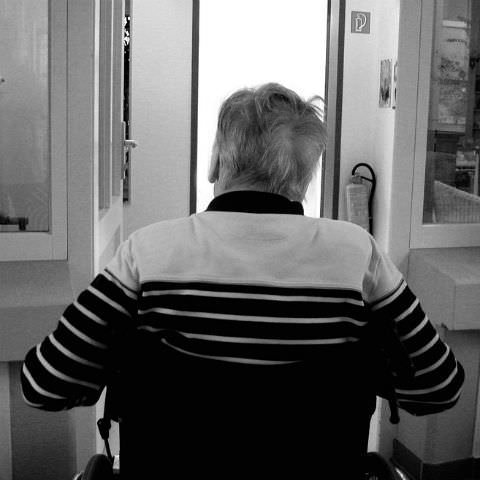Older people now live independently in their own homes for longer. This means it’s important that their properties are safe to live in. For example, over-60s are particularly at risk of falls, so it is important to consider methods of preventing falls in their property.
The elderly are more susceptible to falls for several of reasons. These may include deterioration of muscle and eyesight, issues with balance, or a long-term health condition such as dementia or low-blood pressure.
There are many ways of lowering the risk of and preventing falls, including making changes in your home and working to improve your balance and strength.
Have a look at your home
Take a walk around your home and assess what needs to be changed about your property. What can be removed or adjusted to reduce your risk of a fall? You could do this with a family member or friend, as they will notice things around the home that you might miss. Many local council services and charities can also offer professional assessments of your home if you need help.
It can also be useful to consider your future at this point. How will your health and mobility change over the next 5, 10, or 15 years? What additional changes will you need to make? You may also want to consider whether it will be worth downsizing or moving to a single-level property.
Make small changes
Simple changes around the home can be incredibly effective for preventing falls:
- • Install grab bars in places you might need them. Next to the front door and near the toilet and bath are popular locations.
- • Remove tripping hazards such as rugs and secure trailing wires.
- • If you have low sofas and armchairs, make them higher with risers. You shouldn’t have to drop a long distance or struggle to get out of your seat.
- • Make things that you use often easily accessible, e.g. leave pans on the hob in the kitchen. Only put things you rarely use on high shelves.
- • Sit whenever you can. Put a solid chair with sturdy arms in your bathroom so that you can sit whilst you dress, undress, and brush your teeth.
- • Clear up any clutter. Keeping your home nice and tidy can prevent you from walking into things or catching them as you walk. A family member or friend can help you through this tidying up process.
Strength training
Regular strength and balance exercises can reduce your risk of having a fall. You could join a programme for older people at your local gym, or follow along with some simple yoga exercises at home. Even taking a walk every day can improve strength and balance, preventing falls.
The NHS website offers extensive information on exercise for older people. Your GP may also be able to advise you on simple exercises you can do at home.
Use aids for preventing falls
Using aids in your home will help you remain steady as well as improving your confidence:
- • Walking sticks and frames are inexpensive options for safely moving around your home.
- • A stairlift is ideal for preventing falls in those with mobility issues living in homes with lots of stairs.
- • Grab sticks can help reach things that are high up or far away from you to avoid a fall.
- • Add a second bannister or rail on the other side of staircases.
- • Put up lighting in dark areas like the front of your house. It is also a good idea to put night lights in the hallway to guide you to the bathroom at night.
- • Install a cordless phone or buy a mobile phone so there’s no need to rush to the hallway to answer it. With a cordless or mobile phone you can keep it with you at all times.
Seek medical assistance
Your GP should review your medications annually to make sure they are still correct for you. They may lower your doses or change medications if the side effects make you more likely to fall. If your medication hasn’t been assessed in a while, book an appointment. This could be a simple step towards preventing falls.
Poor eyesight may be increasing your risk of a fall so make sure you get your eyes checked regularly. Don’t forget that over-60s qualify for a free eye test every two years.
Get a Telecare Alarm
Even if you follow the above advice, falls can still happen. Wearing a Telecare Alarm can give you added peace of mind that if you do have a fall, you can call for help with a press of a button. Our alarm system connects you to our highly-trained, 24-hour monitoring team. Our team work 365 days a year, ensuring that our customers always have somebody to help them should they experience a fall in their home or garden.
The monitoring team will speak to the alarm user over the base unit’s loudspeaker and will arrange for help immediately. This will commonly be through family members, close friends, or neighbours. However, the emergency services will also be contacted should the situation require their attendance.
For more information about the Telecare alarm please give our helpful team a call for free on 0800 635 7000.
Editor’s Note: This article was updated on 28th May 2024 to reflect current information.




